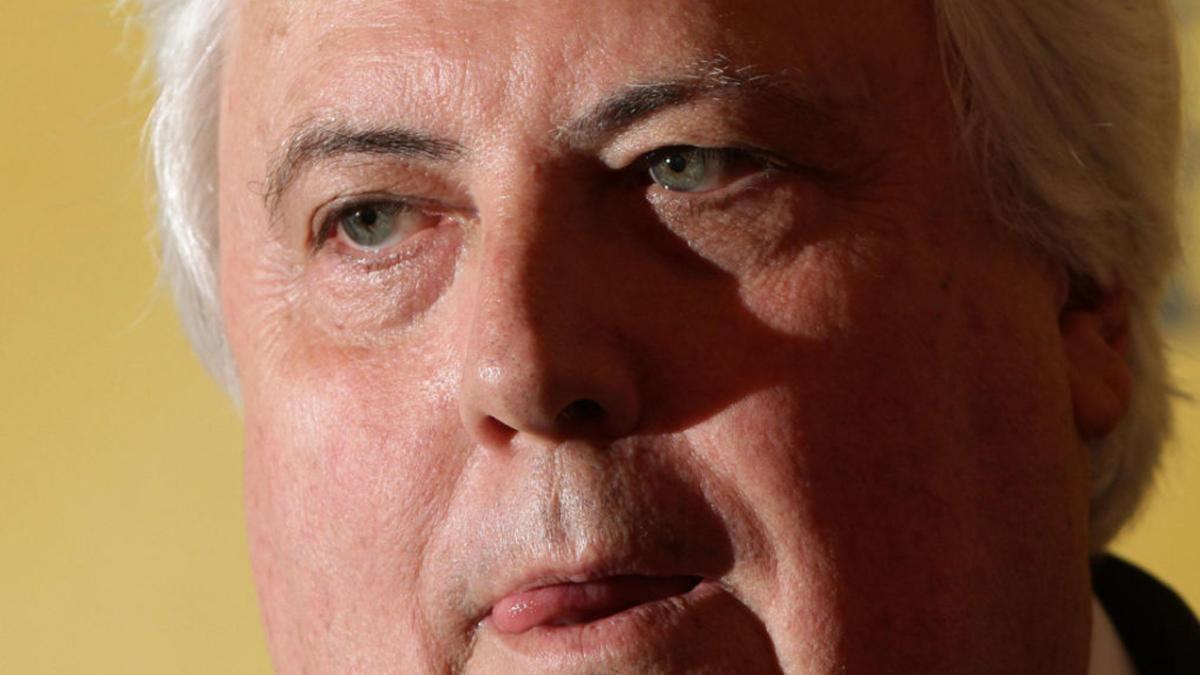
Clive Palmer has lost his High Court battle against Western Australia’s decision to close borders due to coronavirus, and will now have to have to pay costs.
This was, of course, because WA did not allow him an exemption to enter the state.
According to the ABC, Palmer and his lawyers alleged that the border closure made under WA’s Emergency Management Act breached section 92 of the Constitution. Section 92 states that trade within the Commonwealth should be free, which essentially guarantees movement between states.
#breaking the High Court has rejected Clive Palmer’s challenge against WA’s border ban. Both the directions and emergency laws are valid. Palmer to pay costs. #auspol #auslaw
— Paul Karp (@Paul_Karp) November 5, 2020
However, the West Australian Government told the court that the closure was necessary to stop the the spread of COVID-19 in the state.
Chief Justice Susan Kiefel said the court had found the Emergency Management Act did not raise a constitutional issue, and the act complied with the constitution.
Palmer has now been ordered to pay the High Court costs, as well as the costs for each of the six states and territories that intervened.
“Sometimes the cost order will order those interveners pay their own costs, but here, Clive Palmer’s been ordered to pay everybody’s costs, which really sends a signal as to the court’s view about the merits of the case,” Australian National University’s law school associate Amelia Simpson said.
Happy Friday.
Even with months of help from Christian Porter and the Liberals, Clive Palmer has lost.
The High Court has backed Western Australians. #auspol pic.twitter.com/zS4D737cUr
— Patrick Gorman MP (@PatrickGormanMP) November 5, 2020
Clive Palmer has been handed his arse by the High Court, along with a bill for the costs.
— marquelawyers (@marquelawyers) November 5, 2020
This comes after WA received backing from the Federal Court, where they assessed the health risks posed by COVID-19 and how border closures could curb its spread.
“The border restrictions have been effective to a very substantial extent to reduce the probability of COVID-19 being imported into Western Australia from interstate,” Federal Court Justice Daryl Rangiah said of the case.
The Commonwealth had previously sided with Palmer, but once the case was taken to Federal Court, Prime Minister Scott Morrison told WA Premier Mark McGowan that they would no longer be backing Palmer.
In the letter, Morrison wrote that he had “taken into account the changed state of the pandemic”, and the “high level of concern regarding public health in the Western Australian community.”
“I consider, on balance, that we must set aside the normal convention in these circumstances and not continue the Commonwealth’s participation in this case,” he added.
WA was also backed by Victoria, South Australia, Queensland, Tasmania, the ACT and Northern Territory, who were concerned about how the case would also affect their border control powers.
Tasmanian representatives said there is no way to measure to risk, or when and where there’ll be an outbreak.







